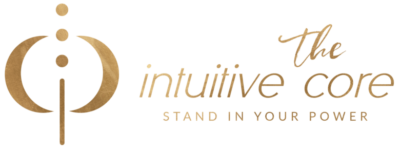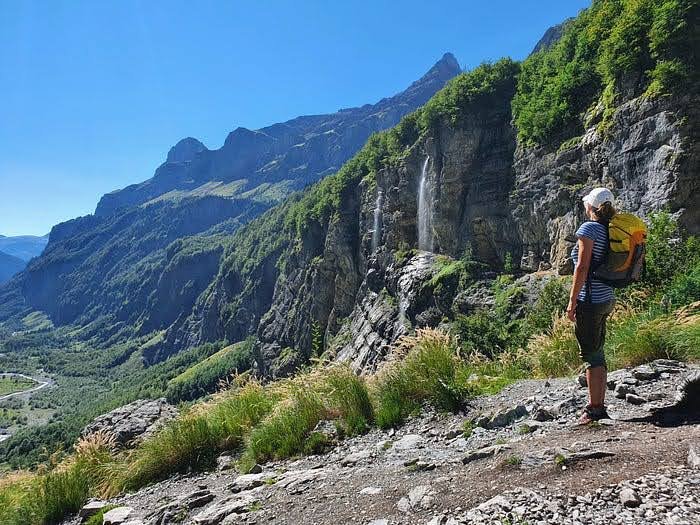As the world becomes more uncertain and unpredictable, the apps to predict the future will increase. Our brains are wired to “want to know” and there’s the “reptilian” part of the brain (the limbic system) that wants to keep us safe.
But what if we actually need the opposite of prediction to live in the emerging new world? What if we need to normalize getting lost, so that we build more vital muscles of curiosity and self-reliance?
One of my favorite words in the English language is “coddiwompling”. You might not find it in the dictionary, but it means “to travel in a purposeful manner towards an as-yet-unknkown destination.” I first heard it when playing with early developers of Liberating Structures. You’ll also find a whole section in April Rinne’s (April Rinne) book “Flux: 8 Superpowers for Thriving in Constant Change” dedicated to coddiwompling.
Rinne aptly explains, “Coddiwompling is driven by purpose, courage, and authenticity. But it breaks with tradition — and the majority of today’s life coaches — by letting go of the old script…’getting there’ is a predetermined destination. In a coddiwomple world, “it” and “there” are constantly evolving, ever changing — and that is the essence of life.”
Purposefully choosing to not have a goal may sound like a recipe for disaster to many scrum masters, project managers, or coaches. It’s not about never having goals, or not setting a clear destination. It’s about intentionally creating space to not have a goal or clear destination in order to see what else you can achieve. To make space for building creativity, for strengthening curiosity and self-reliance. To encourage you to engage social muscles by asking for directions.
For example, there is a brilliant social technology called Street Wisdom, created by actor David Pearl in London. The approach starts with several exercises that expand your state of awareness. You walk around noticing patterns, colors, things that attract you, and then you slow way down. (My favorite segment is really where you walk so slow that you can feel your hair growing.) I notice that a lot of people actually lose their balance while walking this way. It’s almost like trying to stand on one foot with your eyes closed. Without a point of reference, we lose our balance! We’re so used to operating on momentum, that it takes different muscles to walk with intention.
But what these exercises are doing is preparing your conscious mind, your active awareness muscles, to loosen and stretch. You’re basically warming up your intuition — your ability to move all the data your senses pick up while walking around from your unconscious to your conscious mind. Because the real point of Street Wisdom is to go for a 40 minute walk, with a question you want to answer, but no destination in mind.
Yup, coddiwompling!
What’s amazing is that everyone always arrives at the meeting spot with some sort of insight. They’ve taken photos, talked to strangers, and then when they arrive back in the group and begin sharing and connecting the dots — ta da! they have a new perspective or a new way forward. It’s pretty cool.
Just imagine if we used this technology as much as we used Google maps? What if we walked out the door every day and took a new way to work? Or regularly decided to leave our phones in a basket when we entered our homes at the end of the day? What kind of space could we create for spontaneous conversations? What simple, joyful discoveries might we make?
As long as we believe that we can control uncertainty — and thus the future — we’ll never be able to trust ourselves, or each other. We’ll build fear of the future, instead of curiosity. Innovation has no place to take root in an environment where there’s no space — no unknowns.
Could that mean that by regularly practicing being in the unknown, getting lost, we can build evidence for our poor overloaded minds to rest, to see the unknown not as something to resist, but as something to embrace? We could use all that energy we’ve saved from feeding fear, and invest it in discovery!
If you want to dive deeper, check out April Rinne’s book “Flux — 8 Superpowers for Thriving in Constant Change”.

